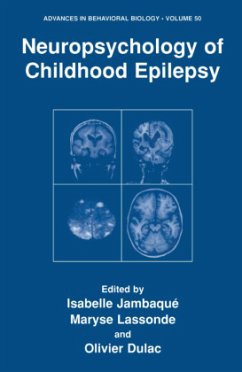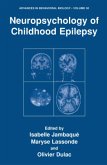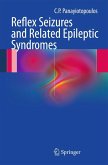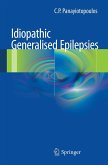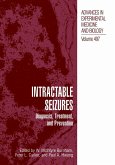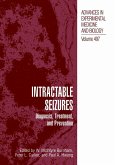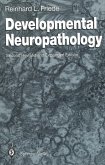This book is devoted to the neuropsychological description of childhood epilepsy, a neurolo- cal condition that constitutes one of the most prevalent forms of chronic and disabling childhood illnesses. Indeed, one child out of 20 experiences one or more seizures before the age of 5, and one in a hundred develops epilepsy as a chronic disorder. Approximately half of these children with epilepsy display academic difficulties and/or behavioral disorders. Moreoever, it is now believed that a sizable proportion of children with learning disability suffer from undiagnosed epilepsy. While a great number of textbooks have been devoted to various medical aspects of chi- hood epilepsy (diagnosis, genetics, etiology, drug and surgical treatment, etc.), there have been no comprehensive accounts of the cognitive consequences of this condition. Advance of medical knowledge has shown that childhood epilepsy should not be considered as a single disorder but encompasses a whole range of differentconditions that exhibit specific clinical EEG and outcome characteristics. It is not becoming apparent that these various clinical entities have different cognitive expression that yet need to be specified. The purpose of this book is to provide a complete up-to-date analysis of this multi-faceted pathology.
Hinweis: Dieser Artikel kann nur an eine deutsche Lieferadresse ausgeliefert werden.
Hinweis: Dieser Artikel kann nur an eine deutsche Lieferadresse ausgeliefert werden.

